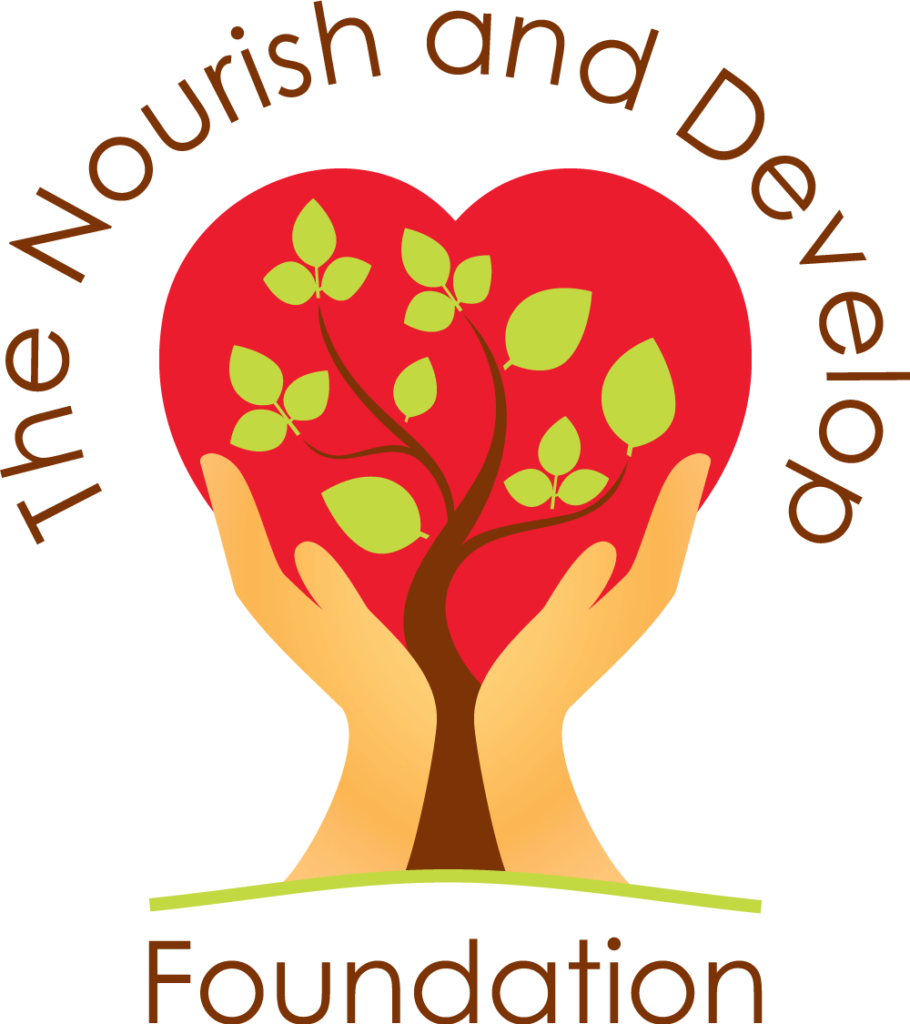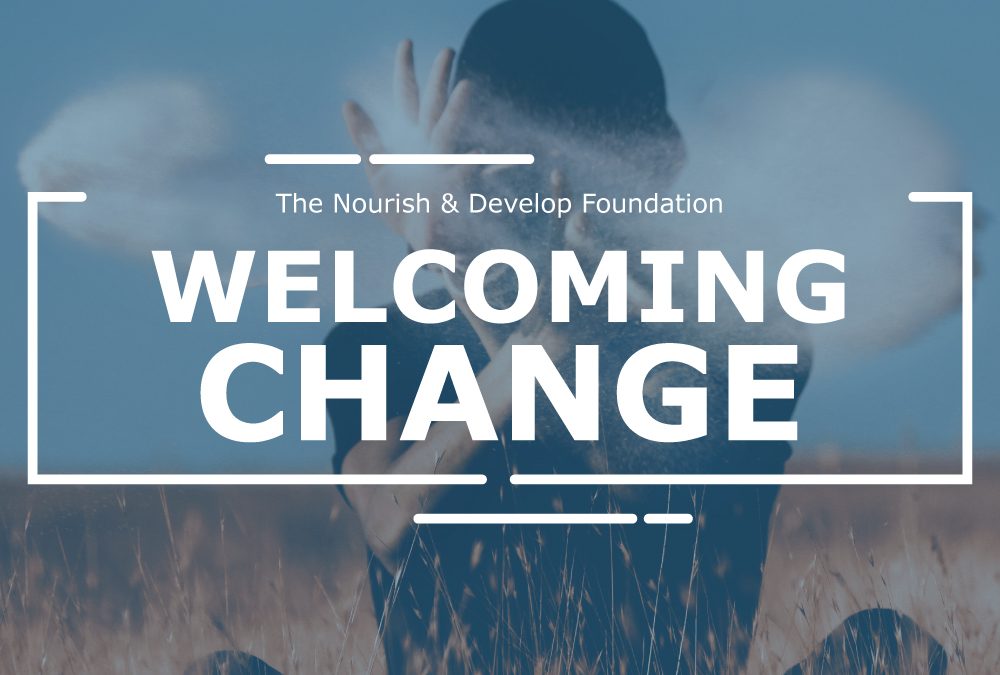Happy New Year, everyone!
We hope you had some time to slow down, enjoy, and reflect. We think it would be fair to say that change was a valid overarching theme of 2020, a lot of which was beyond our control. Adapting to all the restrictions and modifications has increased our resiliency and will serve us well through future difficult times. Rather than responding to changes put on us, this year we challenge you to be the creator of your own change.
What have you learned about yourself throughout the year?
What is important to you?
What are you going to do about it?
Delving into these questions can be intimidating but getting stuck in our comfort zones or ignoring self-care doesn’t do much for our growth.
Change is not a quick or easy process, nor is it just about action. It is often unsuccessful if the proper groundwork has not been laid beforehand. This involves self-exploration, obtaining resources, identifying triggers, and continuous support to make a lasting change.
Six Stages of Changing your Mental Health for the Better:
(Photo Sources: https://www.thessu.ca/dimensions-of-wellness)
When you are not aware or in denial that your behaviour is problematic. In this stage, explore who you are, what you want, where you want to go in life- and whether your current behaviours align with your intentions.
When you decide it’s time to change your behaviour. In this stage, gather information about ways you can change your behaviour, write down your goals, and start making small steps towards change.
When you consistently make an effort to maintain the new behaviour long term (could take up to 5 years depending on the behaviour). In this stage, develop coping strategies for temptation and reward yourself when you persevere.
When you acknowledge that there is a behaviour you need to change but are not ready to take the next steps. In this stage, identify barriers that may be preventing you from change. Evaluate the benefits of what making a change could lead to, and the consequences if you do not.
When you take definitive action to change your behaviour. In this stage, reinforce the long-term benefits you are getting from your change. Periodically review your motivations and resources to refresh your commitment.
When you fall back into old patterns of behaviour. In this stage, it can occur any time throughout stages #1 to #5 and it is common. Take a hard look at why it happened and use it as an opportunity for growth. Go back to the previous stages to reassess barriers and strengthen your plan of action. Most importantly, do not give up.
EXAMPLE EXERCISE:
Behaviour Needing Change: Unbalanced Eating
Stage 1: You don’t see an issue with your diet or you have tried to change unsuccessfully so many times that you have given up.
In this stage, how might you be feeling?
Stage 2: You learn and think about how your current diet might put your health at risk and how much better you would feel if you ate balanced, but you are not making changes at this point.
In this stage, what might be causing your ambivalence or hesitation?
Stage 3: You have decided you want to make a change, have consulted a doctor or nutritionist, and started cutting our excess junk food each day and introducing new whole foods into your diet.
In this stage, how might you be preparing for action?
Stage 4: You are engaging in all of the steps necessary for balanced eating- meal planning, food shopping, meal prepping, eating a variety of foods, controlling portions, etc.
In this stage, where might your motivation and support be coming from?
Photo Source: http://adultmeducation.com/FacilitatingBehaviorChange.html
Stage 5: You have been carrying on with the changes made in Stage #4 for approximately 6 months to 2 years without returning to unbalanced eating.
In this stage, how might you be coping when it gets tough?
Stage 6: You binged on junk food for a week and are feeling frustrated or disappointed.
In this stage, what might have you learned to do differently next time?
Skills Which Enhance Your Well-Being:
There are trainable skills we can practice and develop to contribute to a healthy mind, which can act as a toolkit for dealing with pandemic stress.
Being mindful of your surrounding environment and senses.
This means paying attention to our relationship with our environment- how we feel throughout the day, our interactions with others, what we think in stressful situations. This can reduce stress, promote positive feelings, and help us break out of being on auto-pilot, a distraction which is linked to anxiety and depression.
How to practice awareness: meditation, grounding techniques, spending time in nature.
Having an interest in self-knowledge and curiosity.
This means acknowledging that your thoughts and opinions are not set in stone and being able to challenge your own assumptions and biases. This can mend the division and ‘othering’ we are seeing in our society. If you have anxious thoughts, it could be a result of a negative experience.
How to practice insight: critical thinking, creative expression, psychotherapy.
Appreciating the people in your life as well as compassion and kindness.
This means going beyond your friends and family to have healthy interactions with others. Finding common ground with someone with opposing beliefs or meeting people from different cultures and countries can strengthen connection when friendships form where you least expect it. Friendly interactions can create a harmonious feeling and can buffer against anxiety and depression.
How to practice connection: actively listen, be authentic, perform small acts of kindness
Developing a clear sense of your values and motivations.
This means having both long and short term goals and believing you are contributing to something bigger than yourself. Having a sense of purpose is associated with fewer heart attacks, strokes, and improved financial well-being.
How to practice purpose: journaling, self-care, identify what is meaningful to you.
AREAS TO CHALLENGE YOURSELF:
Environmental: The interaction with your environment around you (home, workplace, school, community) contributes to your overall environmental wellness.
Things to consider:
- Maintaining health and safety
- Making sustainable choices
- Connecting with nature
Financial: The ability to manage your expenses to live within your means (bills, housing, food, clothing) contributes to your overall financial wellness.
Things to consider:
- Keeping track of expenses
- Sticking to a budget
- Having emergency savings
Social: The formation of positive and healthy relationships with others (family, friends, neighbours, coworkers) contributes to your overall social wellness.
Things to consider:
- Building a support system
- Being respectful
- Letting go of toxic relationships
Occupational: The level of satisfaction and sense of purpose in your work (job, school, research, volunteering) contributes to your overall occupational wellness.
Things to consider:
- Utilizing your strengths
- Maintaining a work-life balance
- Doing work you find motivating and interesting
Physical: The maintenance of caring for your body (medical health, balanced eating, exercise, sleep hygiene) contributes to your overall physical wellness.
Things to consider:
- Booking regular check-ups
- Incorporating movement into your day
- Creating healthy habits
Photo Source: https://www.thessu.ca/dimensions-of-wellness
Intellectual: The commitment to life-long learning (knowledge, skills, creativity, perspective) contributes to your overall intellectual wellness.
Things to consider:
- Being open to opportunities
- Keeping your brain stimulated
- Exposing yourself to different mediums (podcasts, books, documentaries, art)
Emotional: The capacity to understand and cope with your feelings (happiness, anger, anxiety, sadness) contributes to your overall emotional wellness.
Things to consider:
- Managing stress
- Changing your mindset
- Practicing gratitude
Spiritual: The growth of your sense of meaning in life and foundation (values, morals, beliefs, principles) that guides your decisions contributes to your overall spiritual wellness.
Things to consider:
- Practicing self-reflection
- Giving back to your community
- Exploring what gives you peace of mind
What the new year brings to you will depend a great deal on what you bring to the new year.
Sources:
https://www.medicalnewstoday.com/articles/study-offers-a-mental-well-being-tool-kit-anyone-can-use
https://www.verywellmind.com/the-stages-of-change-2794868
https://www.verywellhealth.com/four-aspects-of-mental-well-being-5094231


